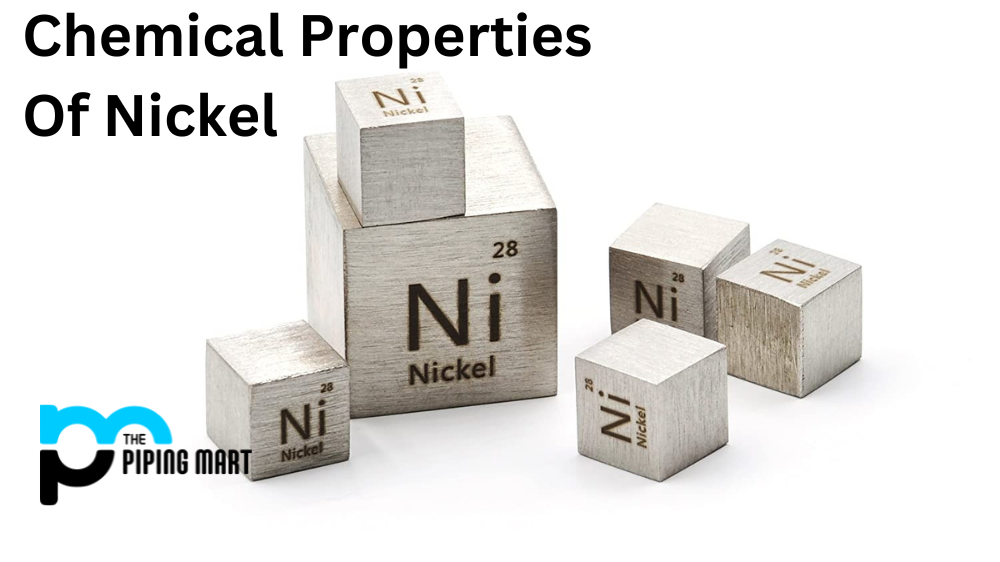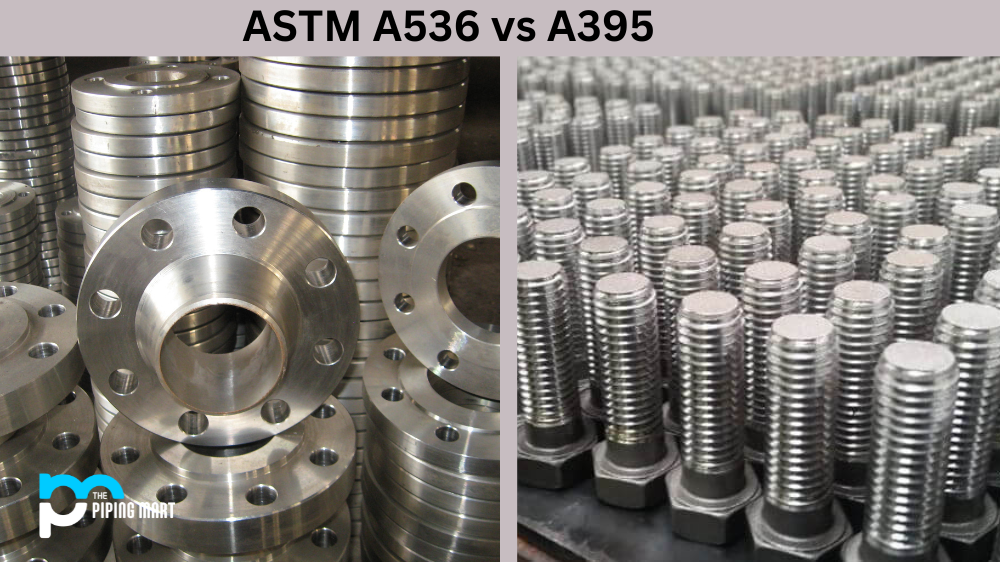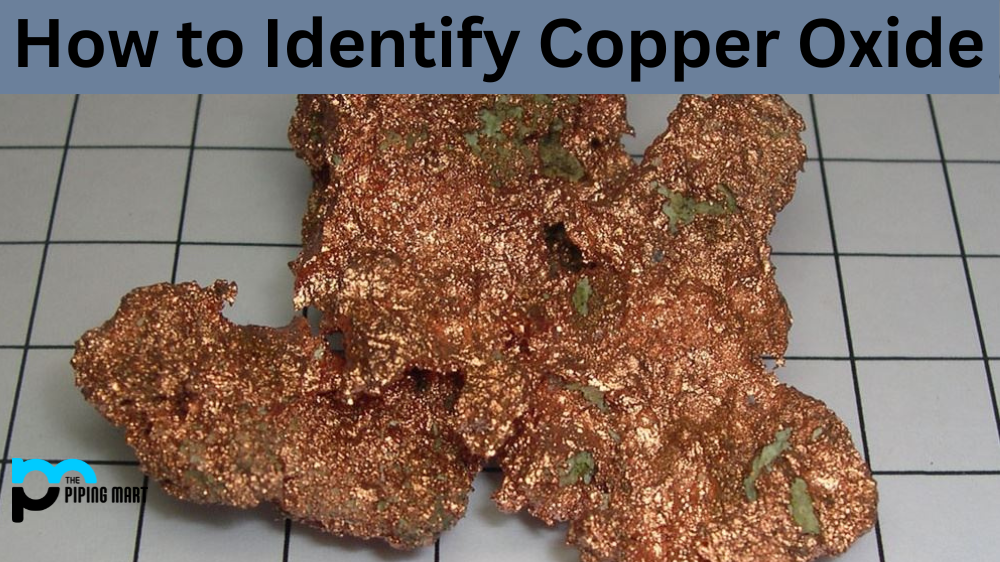Nickel is a versatile metal that has many uses, from jewelry to industrial applications. But what makes nickel so special? What are its unique chemical properties? Let’s take a closer look at why nickel is such an important element in modern technology.
Nickel is an element found in the Earth’s crust and is used in many industries because of its strong physical and chemical properties. The element has a relatively high melting point compared to other metals, as well as excellent corrosion resistance and good electrical conductivity. These characteristics make nickel ideal for use in various industries such as construction, automotive, aerospace, and electronics.
Nickel also exhibits some unique chemical properties that make it useful for a variety of applications. For example, nickel can form strong bonds with other elements, making it an ideal ingredient for alloys like stainless steel. It also has the unique ability to absorb hydrogen atoms, which makes it useful for storage tanks used to store hydrogen fuel cells or hydrogen-based energy sources. Nickel also has catalytic properties that can be utilized in industrial processes such as petroleum refining and petrochemical production.
As with any element or compound, there are certain risks associated with using nickel or its compounds; overexposure can cause skin irritation and respiratory problems in humans over time. However, when handled properly, nickel is safe to work with and can provide many benefits such as increased durability and strength of materials used in construction projects or enhanced performance of electronic components thanks to its excellent electrical conductivity.
Conclusion:
Nickel is an incredibly versatile metal that can be found in many everyday objects due to its impressive physical and chemical properties. Its ability to form strong bonds with other elements makes it an ideal ingredient for alloys like stainless steel while its catalytic properties allow it to be used in industrial processes like petroleum refining or petrochemical production. When handled safely, nickel provides many benefits to a variety of industries – from construction to automotive – due to its unique chemical properties. By understanding the uses and risks associated with this powerful element we can better appreciate how much it contributes to our modern world!

Pipingmart is a B2B portal that specializes in metal, industrial and piping items. Additionally, we share the latest information and information about materials, products and various types of grades to assist businesses that are involved in this business.




